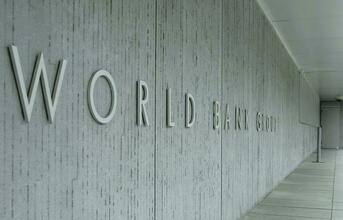
The World Bank's Board of Executive Directors approved a new policy governing procurement in projects financed by the Bank.
The new Procurement Framework will allow the World Bank to better respond to the needs of client countries, while preserving robust procurement standards throughout Bank-supported projects.
The Bank's procurement system affects a portfolio of about USD 42billion in over 1,800 projects in 172 countries. "A portfolio this size needs a modern and nimble procurement approach that gives our clients the best value for each dollar that we invest," said Hartwig Schafer, World Bank Vice President for Operations Policy and Country Services.
The new Procurement Framework will go into effect in 2016. Value for money, sustainable development and integrity are the vision of the new approach. It will help clients get better development results as it gives the World Bank the space and capacity to significantly increase its support to help countries develop their own procurement systems.
For the first time, the World Bank will allow any contract award decisions to be based on criteria other than lowest price, including quality and sustainability. In specific circumstances and with approval from the Bank, clients will be able to use the procurement arrangements of other multilateral development partners or of national agencies.
The Bank will engage strategically with key business sectors to improve results and speed up procurement processes for the benefit of all parties involved in the procurement process. The Bank will step up its approach to procurement related complaints. Procurements will be speedier as prior reviews of contracts will be limited to those with the highest risk and highest value.
The Bank will also allocate resources to provide hands-on help to fragile countries, small states or others in the greatest need to assist them in procurements financed by the Bank.
Christopher Browne, the World Bank's Chief Procurement Officer, summarised the outcome of the procurement reform: "The new Procurement Framework is central to the Bank's development mission because it protects our investments and at the same time helps our clients deliver results in their development projects."
The World Bank started its first comprehensive overhaul of its procurement system in 2012. The goal of the reform was to move from a one-size-fits-all policy to a fit-for-purpose policy.
End


























